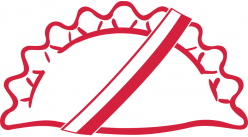Meaning:
Lit. “to sculpt in shit”, which is used to describe an extremely tedious and often pointless task, especially if the tediousness and pointlessness result from revising of initial reasonable and consistent requirements for the job. So you use this to express your frustration if your ideas for a website or campaign design had first been approved and then your client or your boss introduce their own “brilliant” ideas that you know will result in a much increased workload for everybody in the project and, in the end, render them unhappy too. The expression describes well implementing countless feedback rounds that make your overall product worse and not better. Sometimes it is used to point at overall bad organisation in a project and resulting requirements changes.
